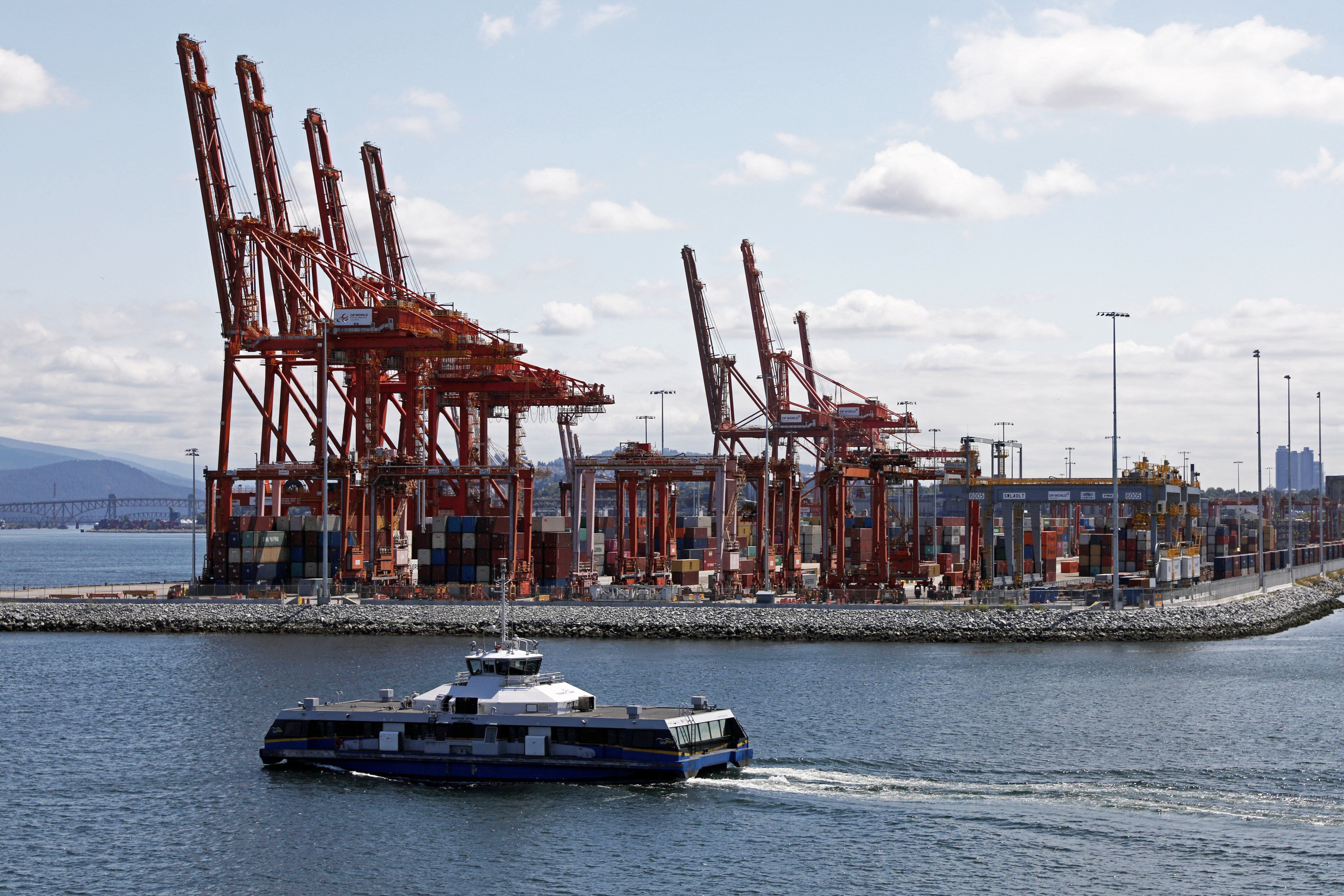Right on the buzzer Thursday, over 7,000 workers at some of Canada’s busiest ports — including Vancouver and Prince Rupert — accepted a settlement proposed by a federal mediator to end their strike.
The dock workers stopped going to work to demand higher wages on July 1st, slowing down $377 million in trade per day. Bringing the two ports to a near halt was nothing to sneeze at, since they handle one-third of goods coming to and from Canada. Economists had warned that if the strikes dragged on much longer, they could have eventually forced the central bank to hike rates even more right when inflation was finally starting to go down.
Meanwhile, in the US, unionized employees of the private shipping firm UPS are still counting the days until their contract expires on July 31st after failing to reach a deal over better pay and working conditions. UPS workers move merchandise worth an estimated 6% of America's GDP, and if the 68% represented by the main union don't show up, only 160,000 workers will be left to do the work normally done by 500,000. It could be the biggest single-employer strike in US history.
The twin strikes are very bad news for the Canadian and US economies right when broken supply chains were just beginning to recover from COVID, and inflation was starting to ease. Those trends could be reversed if more employers and unions in this crucial industry don't find common ground soon.
No one wants a throwback to
late 2021-style inflation supercharged by broken supply chains.
